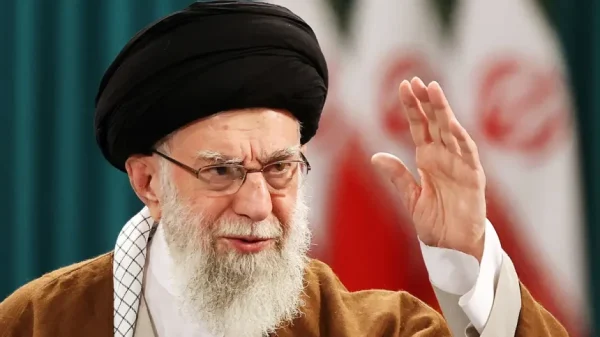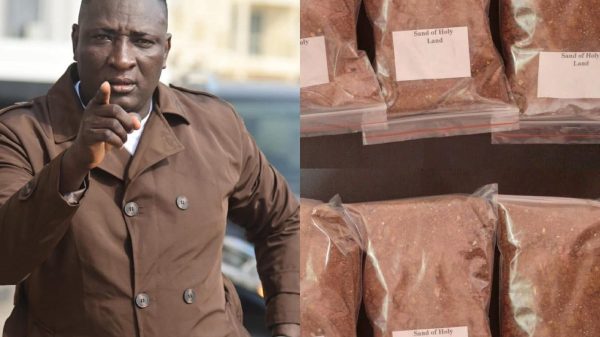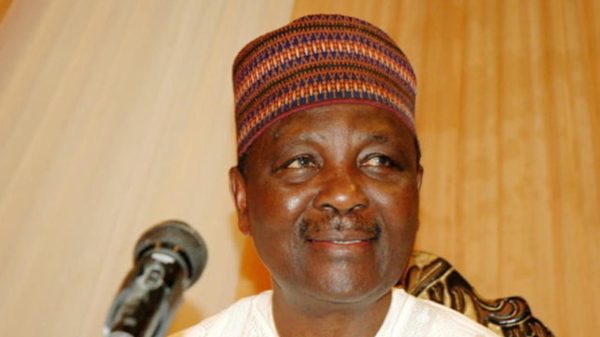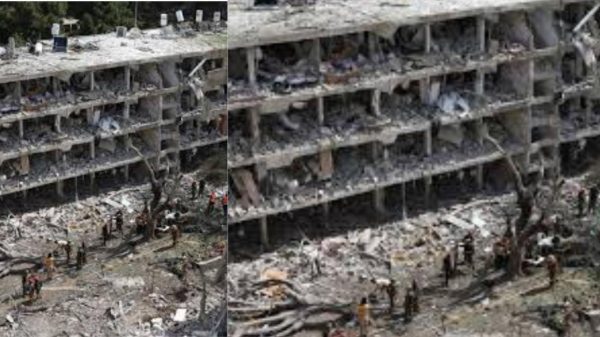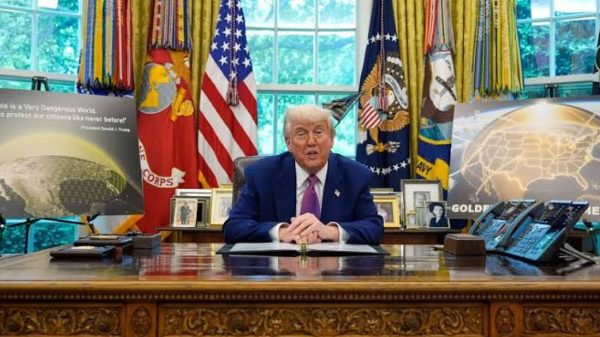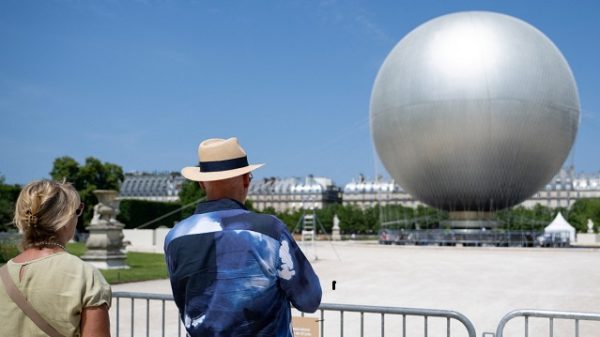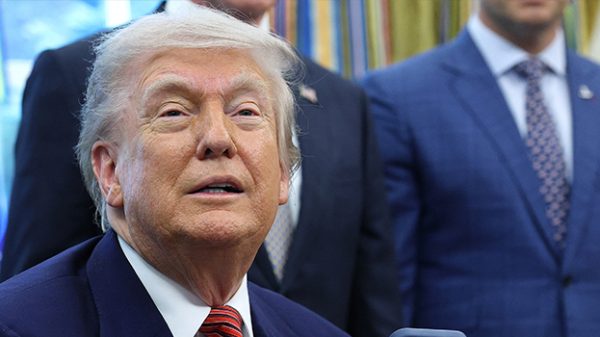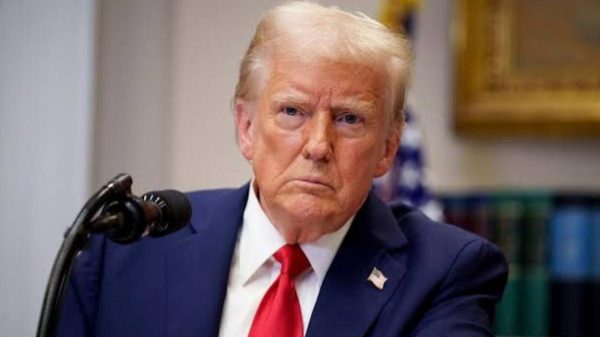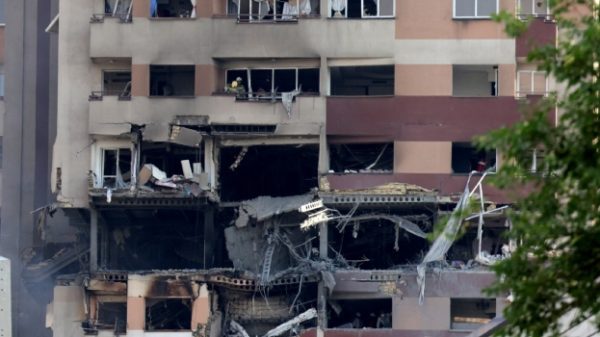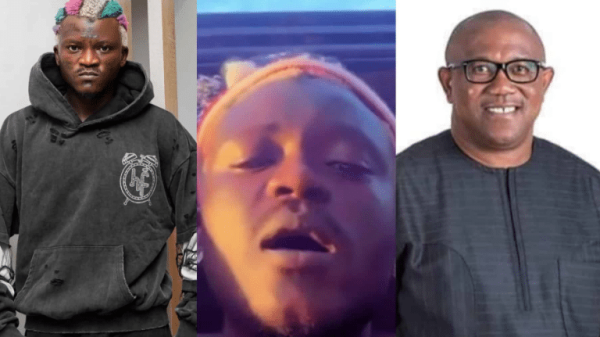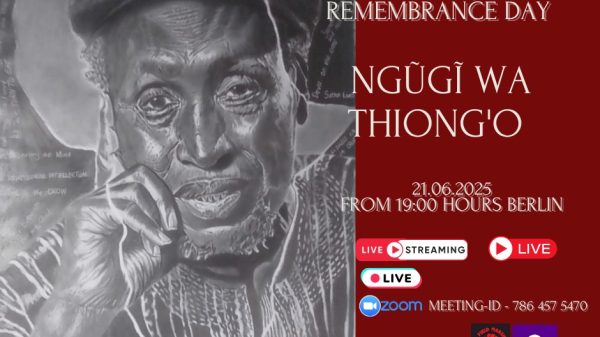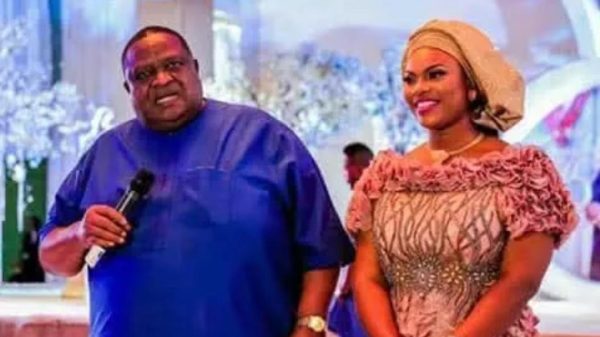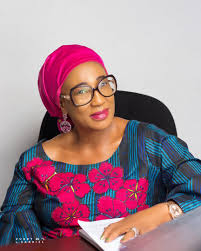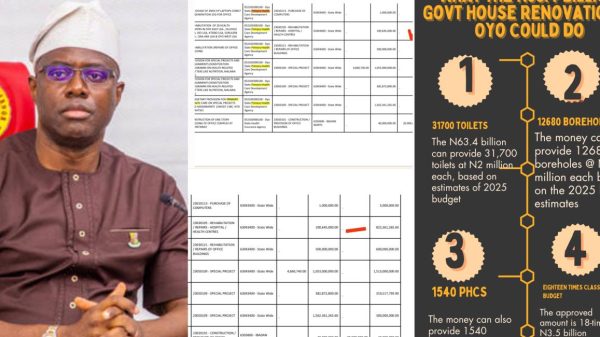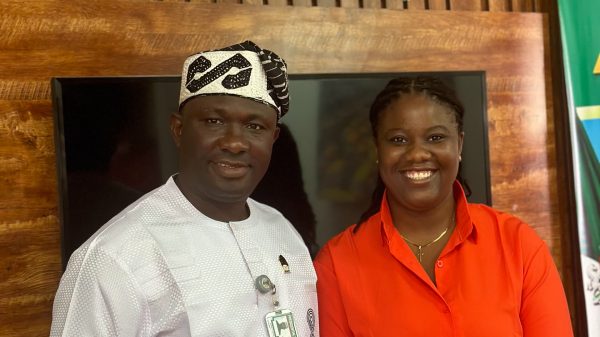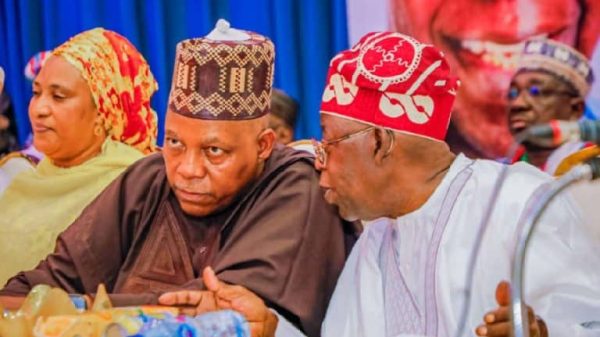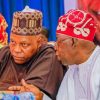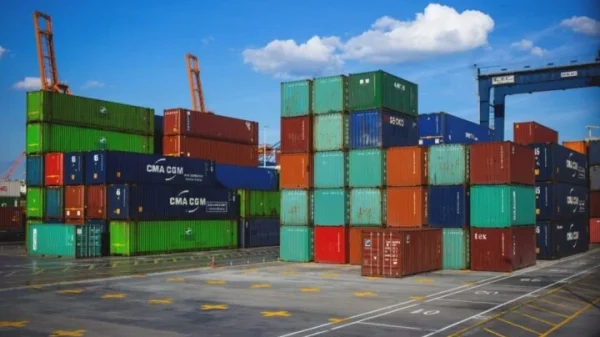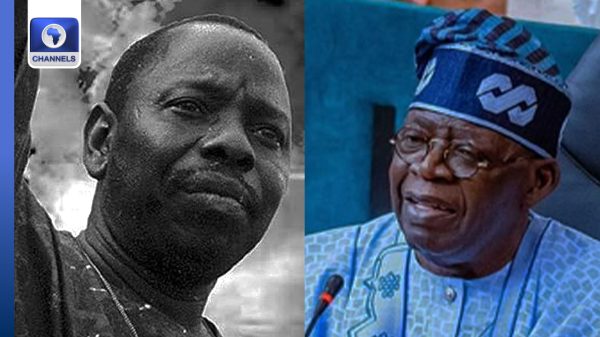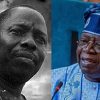During the 79th session of the United Nations General Assembly (UNGA) in New York, President Bola Tinubu called for debt forgiveness for Nigeria and other developing nations. Tinubu urged creditors and international financial institutions to provide relief, allowing these countries to achieve meaningful economic progress.
Represented by Vice President Kashim Shettima, Tinubu addressed global leaders, emphasizing that nations in the Global South face significant economic challenges due to their mounting debt burdens. He argued that these countries would struggle to advance without concessions or a re-evaluation of their financial obligations.
In a statement released by Stanley Nkwocha, Senior Special Assistant to the President on Media and Communications, Tinubu highlighted how the global debt crisis hampers governments from meeting the needs of their citizens. He pointed out the harmful impact of trade barriers, protectionist policies, and fierce global competition on investment and growth in developing countries.
Tinubu also called for the return of stolen funds, citing the United Nations Convention against Corruption, and urged the international community to intensify efforts to recover illicit financial flows. He argued that these resources, currently hidden in developed economies, should be repatriated to support sustainable development.
As of the first quarter of 2024, Nigeria’s domestic and foreign debt reached N121.67 trillion ($91.46 billion), with a significant surge in external debt servicing. This financial strain, Tinubu explained, is causing severe fiscal challenges for Nigerian states.
Tinubu urged the UN to prioritize multilateralism, ensuring cooperation, inclusivity, and equality among member states. He stressed that reforms to the global financial system should include comprehensive debt relief to ensure sustainable financing for development.
Reflecting on Africa’s recent challenges, Tinubu lamented the resurgence of unconstitutional changes in governments, especially in West Africa, stressing that economic development and political stability are crucial for democracy’s survival. He called on world leaders to recognize the root causes of conflict, such as poverty and inequality, and take steps to resolve them.
Furthermore, the Nigerian leader proposed reforms to the UN Security Council, advocating for a permanent seat for African nations to better reflect global diversity and ensure the continent has a voice in international peace and security decisions.
Tinubu reaffirmed Nigeria’s commitment to multilateralism and collaboration with all nations, emphasizing the importance of peaceful resolutions to global challenges like terrorism, poverty, and climate change.


